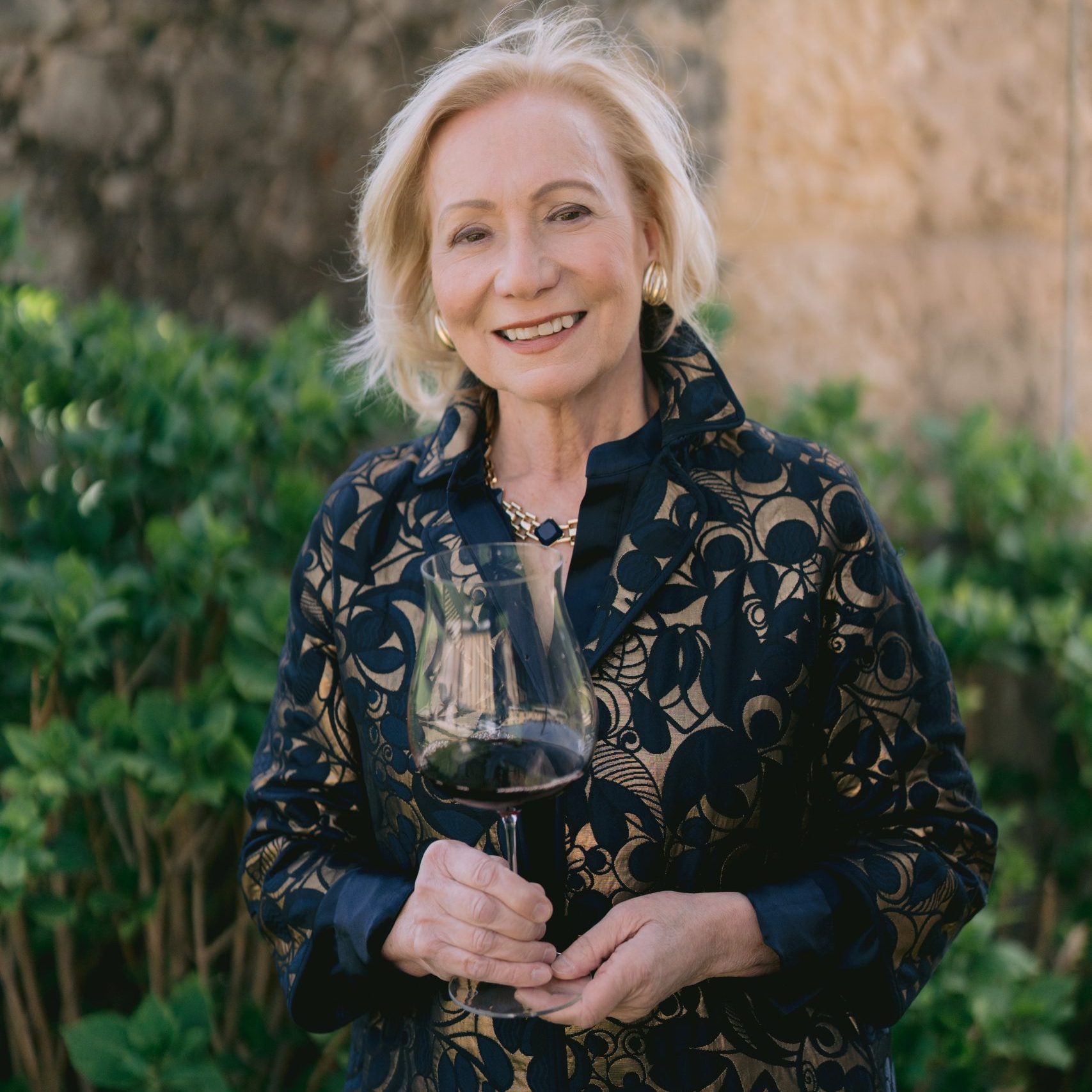Fears grow over fake Bordeaux
Warnings and checklists for investors are being circulated amid rising fears over counterfeit 2009 Bordeaux, with high demand from Asia leading criminals to take advantage of first time buyers.
Bordeaux Index and the Wine and Spirit Trade Association (WSTA) have been warning investors to trust only well-established merchants.
Numerous reports of wine fraudsters selling bogus en primeur Bordeaux and promoting non-existent investment schemes have recently come to light.
According to Bordeaux Index, the sheer scale of demand from Asia, coupled with the hype surrounding the 2009 vintage, has led to several would-be investors ordering and paying for wines that have not even been released for sale.
Sales director Sam Gleave was surprised to learn that the trade in high-profile wines that are yet to announce their prices was already underway. These include trading of first growths such as Pétrus, Latour and Lafite as well as their second wines, Les Forts de Latour and Carruades de Lafite.
Gleave said: “We’ve long had concerns that a vintage like the 2009 Bordeaux could result in fraudulent futures trading.
“We urge buyers interested in the 2009 Bordeaux to deal exclusively with reputable merchants only. Anyone offering top 2009 Bordeaux today is a fraud.”
Mainland China appears to be the centre of the rogue trading operations, something that has not surprised merchants, as it is a problem that has been growing for several years now.
“There’s huge interest in the 2009 Bordeaux from China,” added Gleave. “In an unregulated and uneducated market, there was always potential for rogue trading in en-primeur. Unfortunately, it seems as if that potential has been realised.”
Partner Content
Gleave told the drinks business that the trade in counterfeit wines could have serious consequences for Asian buyers.
“The potential damage is massive – for potentially big buyers in China (which is an embryonic market) if they lose money they lose face and hence trust in the whole en-primeur process as well as fine wine as a product. It’s essential that this process of buying fine wine is safeguarded from abuse.”
The WSTA recently issued a consumer checklist to help consumers avoid any fake wine, should they be considering investing.
The checklist includes dealing with large and reputable merchants and ensuring that receipts and invoices are provided.
WSTA chief executive Jeremy Beadles said: “Fine wine can be a very good investment but consumers should make some basic checks before they part with their money.
“Bona fide merchants and brokers won’t have any problem proving their credentials but consumers who ask the right questions will ensure they are not caught out by dubious dealers.”
Gleave concluded that the counterfeit wines would not affect its traditional markets in the West.
Rupert Millar, 29.04.2010




